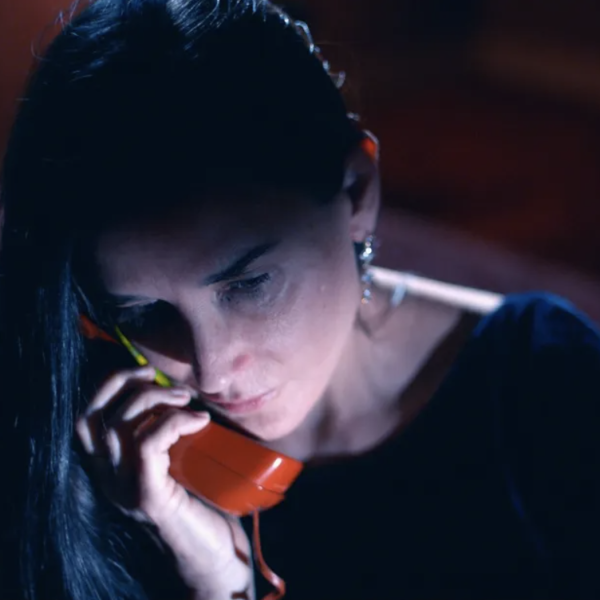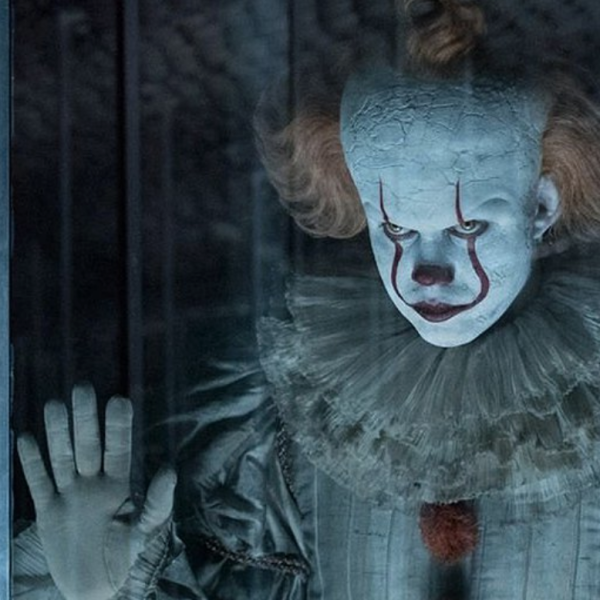
Actresses don’t come as talented or as classy as Sissy Spacek. The six-time Oscar nominee — “Carrie,” “Coal Miner’s Daughter,” “Missing,” “The River,” “Crimes Of The Heart,” “In The Bedroom” — has always been a force to watch on camera, and now, it’s looking like she’ll be one behind the camera as well.
24 Frames report that Spacek is set to make her directorial debut with “Sweet Tea.” Based on the book by “Goodbye to the Buttermilk Sky” by Julia Oliver, the film will center around families and relationships during the Great Depression in Alabama. The film will have a script from “Get Low” writer C. Gaby Mitchell and expect more news on this one soon.
Spacek has had an option on the material for years and is now pushing forward with casting expected to be announced soon, likely at Cannes, where we’d guess the project will be shopped as well. Spacek isn’t expected to take a role in the film, but given her long career in Hollywood she will have no problem finding talented collaborators. Here’s a summary of the book from Amazon:
The author’s refreshing treatment of the supernatural and her playful sense of irony, especially when applied to the themes of death and separation, make this a strong first collection. Each of the 15 crisp stories wastes no time introducing characters and getting to the point, although Oliver sometimes allows her offbeat humor to sneak up on the reader, as in “Futures,” a tale of two college students who visit a fortune teller only to discover, eventually, that the seeress mixed up their futures. In another sly story, a woman paying solitary “Last Respects” to her former husband is so intent on her memories that she doesn’t realize until the end that she has been seated before the wrong casket–her ex, it turns out, having been cremated. In a different tone, “Penolia” depicts a woman using her “special power” to physically transform her daughter’s appearance in order to discourage the child’s father from abducting her. Despite the frequent supernatural overtones, these tales are essentially parables of modern life, often profiling people at a pivotal moment after the death of a spouse, divorce or some other milestone. They succeed both as entertainment and as commentary about personal and societal expectations in the age of the redefined family.





